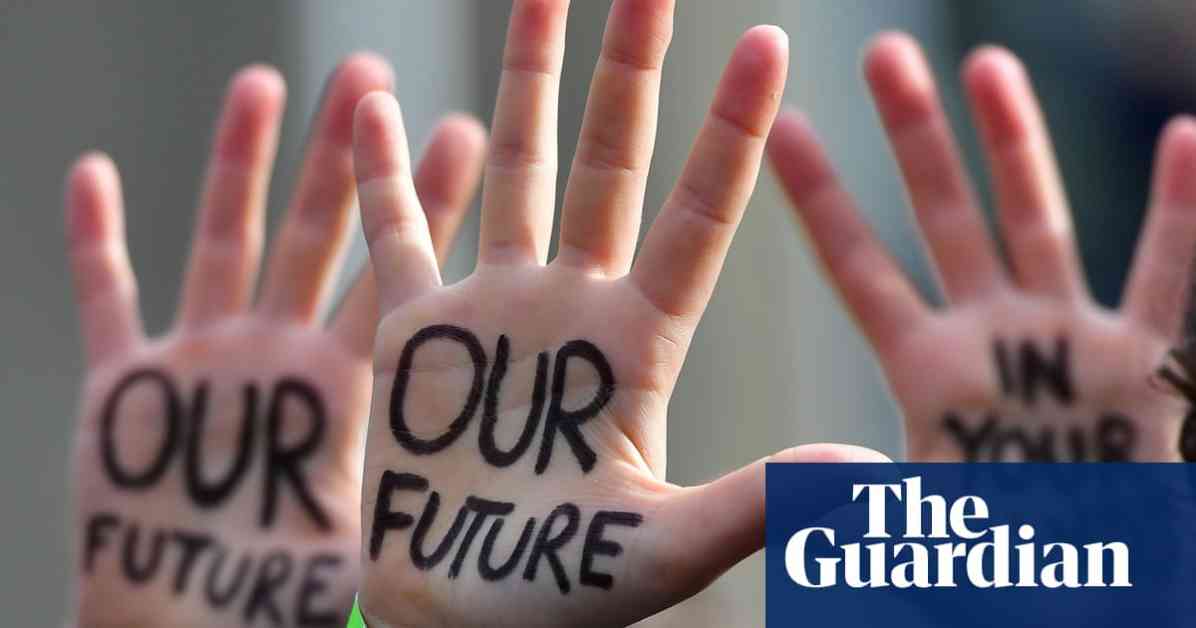The natural history GCSE has been put on hold amidst controversy, with campaigners alleging political bias in the decision-making process. Mary Colwell, a prominent conservationist and campaigner, expressed her frustration over the halt to the proposed new qualification, which was set to be implemented in schools by 2025. Colwell, along with former Green MP Caroline Lucas and Tim Oates from Cambridge University Press & Assessment, had been working with the OCR exam board to develop the GCSE, which was initially announced in 2022.
Origins of the GCSE
The idea for the natural history GCSE stemmed from Colwell’s longstanding campaign, which began in 2011. The former Conservative government had agreed to incorporate the qualification into its climate change and sustainability strategy, with then education secretary Nadhim Zahawi emphasizing the importance of deepening young people’s knowledge of the environment.
Controversy and Delay
Despite the progress made in the policy process, the GCSE is now in limbo, as campaigners have been informed that it is perceived as a Conservative party initiative and needs to be reassessed. This unexpected delay has raised concerns about the potential impact on disadvantaged children who stand to benefit the most from the inclusion of nature education in school curriculums.
Call to Action
Campaigners like Colwell are urging the government to prioritize the implementation of the natural history GCSE to ensure that all students have access to nature education, regardless of their background. Jen Davis from the Wildlife Trusts emphasized the importance of fostering a personal connection with nature through education, highlighting the need for qualifications to inspire a sense of care and responsibility towards the natural world.
In the face of mounting challenges such as climate change and biodiversity loss, the debate surrounding the natural history GCSE serves as a poignant reminder of the critical role that education plays in shaping future generations’ attitudes towards the environment. As the campaign for the GCSE gains momentum once again, the question remains: Will policymakers prioritize nature education for the sake of our planet and the well-being of our youth?
Remember, nature can’t afford to be a political football. It’s time to empower our children with the knowledge and skills they need to become stewards of the natural world, regardless of their background or circumstances. Let’s ensure that nature education becomes a fundamental part of every student’s learning journey, paving the way for a more sustainable and harmonious future for all.







